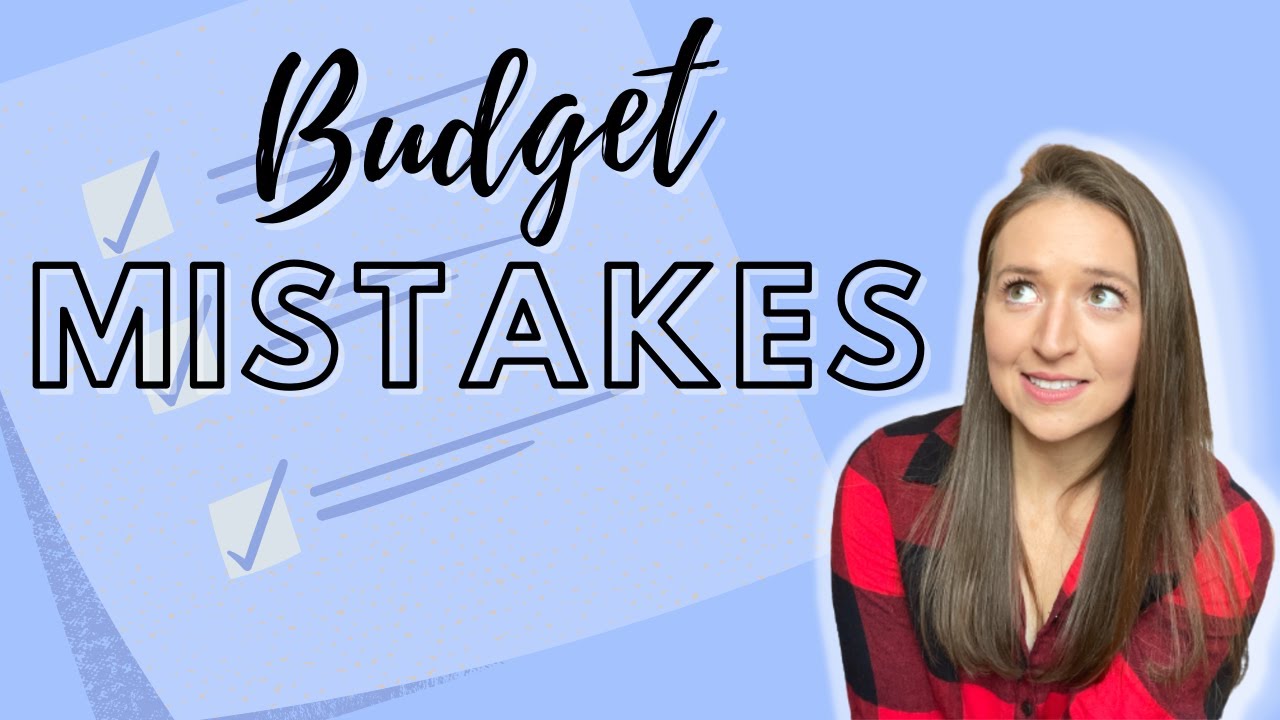Establishing and adhering to a spending plan can be difficult, especially if you are new to budgeting. However, it is essential to prevent common budgeting errors that can result in financial insecurity and debt. Here are common budgetary blunders to avoid.
1 Budget constraints
The most severe budget error is a lack of a budget. With a spending plan, you know which your cash goes and can easily overspend. Creating and adhering to a spending plan that includes all the revenue and costs is critical.

2 Underestimating costs
Did you read this?
Underestimating your expenses is another common budgeting mistake. Many people must budget for certain expenses, such as taxi companies or maintenance costs. This can result in excessive spending and budget deficits. Track your expenditures and put them into your budget to avoid making this mistake.
3 They are not putting money aside for emergencies.
Unexpected expenses can occur at any time, and if you do not have emergency savings, you may be forced to use credit cards or take out loans to cover them. Setting aside some of your monthly income for unexpected expenses such as car maintenance or hospital expenses is critical.
4 There is no expense tracking.
Keeping track of expenses is a crucial budgeting component, and you must maintain the way of every shilling spent. This will assist you in identifying areas where you can save money and cut costs. Track your expenses and compare them to your budget using a budgetary app or spreadsheet.

5 The budget remains unchanged.
Your budget should serve as a living document that evolves in response to changes in your financial situation. If your income increases or decreases, you should modify your budget accordingly. The same is true for price changes. If you're relocating to an apartment with a cheaper premium, you may need to reduce other expenditures to stay within your spending plan.












